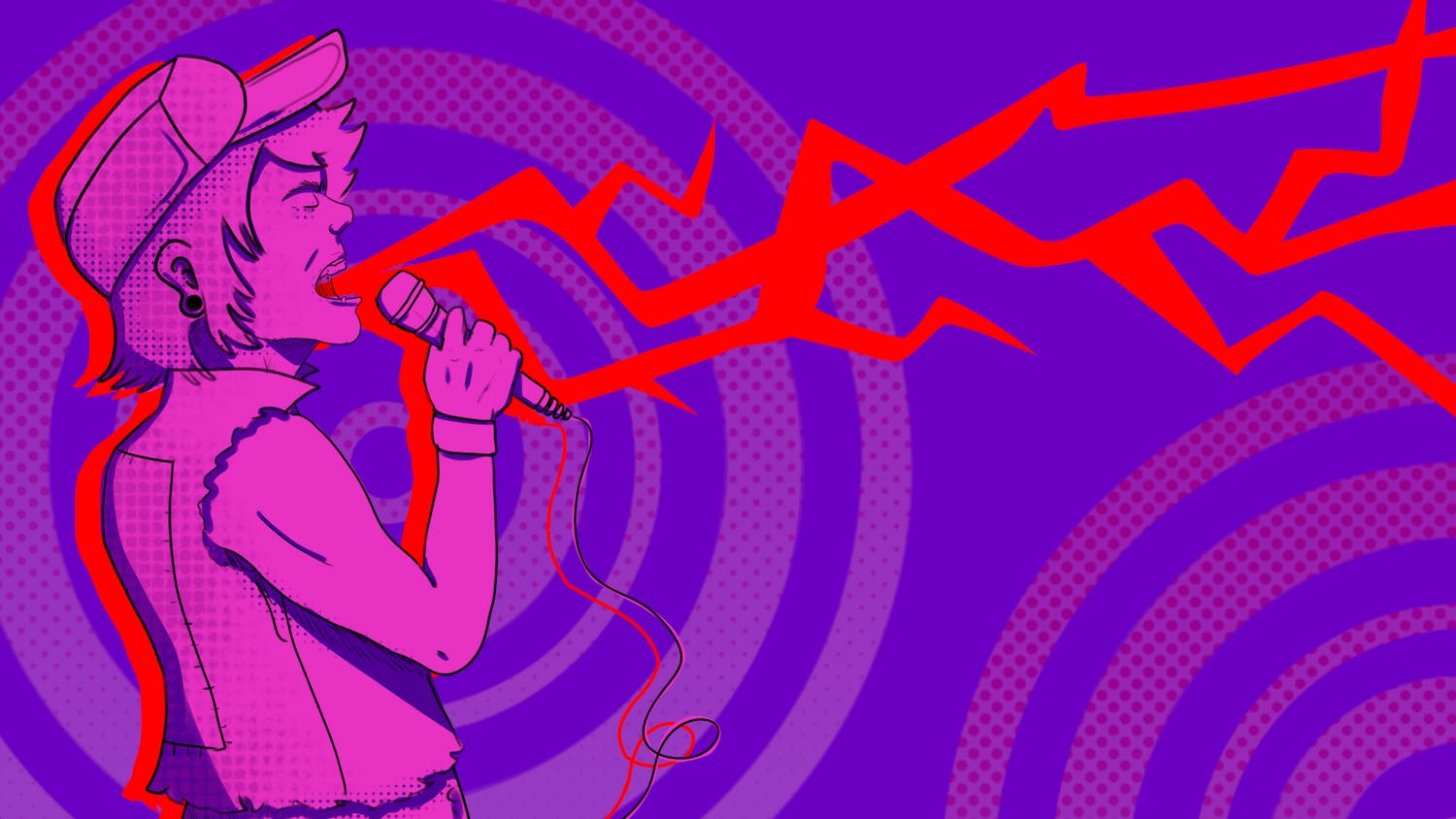The grounding influence of history, which is my personal remedy for processing incomprehensible situations, ordinarily enables constructive remembrance and perspective.
But as I sat cross-legged and confused on the floor of my dorm room last week beside a stack of books — histories of disability advocacy and disability memoirs marking each decade since 1950 — any productive historical revelations remained indecipherable.
Throughout the past year or so, I’ve perceived intersections with these histories and witnessed reiterations of rhetoric from decades before, neglectful of agency and identity.
Never has disability received this much attention in a national election during my lifetime, but the pervasive discourse has regrettably centered on insults and outrages rather than conversation and education.
Most notably, of course, Trump mocked Serge Kovaleski, a reporter with arthrogryposis. A Bloomberg poll from August of Trump’s worst offenses ranked his behavior toward Kovaleski as the number one atrocity.
Outrage is right, and public censure is important. But people with disabilities don’t want pity or paternalism.
An NBC interview with Andrew Pulrang, a writer and activist with arthrogryposis, points out the likely reason for such judgment of Trump’s offenses. As Pulrang noted, disabled people are “easy to feel protective towards. Part of ableism is a heavy dose of paternalism.”
Using the disabled as instruments of pity and tools of campaigns is not productive advocacy. The disability community needs concrete policies for improving education, infrastructure, accessibility and employment.
But instead, we’ve ratified the rhetoric of the past — the language of pity and vulnerability on the one hand, and slurs on the other.
To further complicate the ethics of the discourse, people with disabilities remain underrepresented in media coverage and often are not quoted or interviewed in reports on disability-related topics.
Yet, the disability community has been anything but silent. Self-advocacy campaigns to empower voting within the disability community, such as the #Cripthevote movement, surged in the months leading up to the election.
Even so, continued disenfranchisement faces people with intellectual disabilities who are disproportionately judged of insufficient mental competency to make political decisions. For those with physical disabilities, the inaccessibility of voting locations remains a critical issue.
After generations of people erased from history books amid medicalization, institutionalization and diagnosis of identities as problems to be corrected, voice and agency are more important than ever — whether in terms of voting, the media or rhetoric.
This doesn’t just apply to disability, but to all marginalized communities. Identities aren’t campaign tools, people aren’t instruments for political ends, and lives aren’t commodities up for negotiation.
History exists to stop us from forgetting. But it’s at moments like these when we most need to remember that remembrance is selective. We need to remember more than the bullet-point chronicle of dates and events. Remember the rhetoric, remember the reactions and, most of all, remember the people beneath the layers of superimposed discourse.
Even if relegated to cramped text in the margins and the footnotes, we need to ink these moments into our collective memory and keep writing a future more inclusive and historically conscious than our past.
kmilvert@indiana.edu





